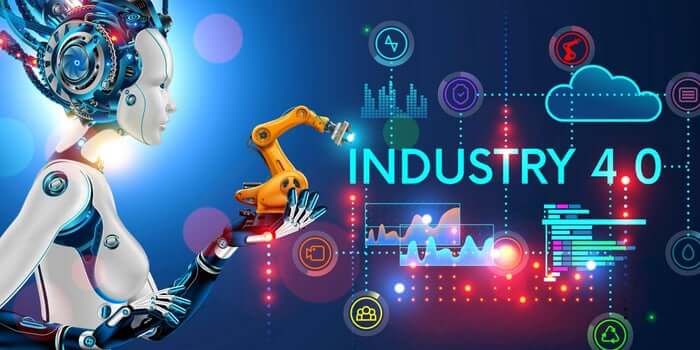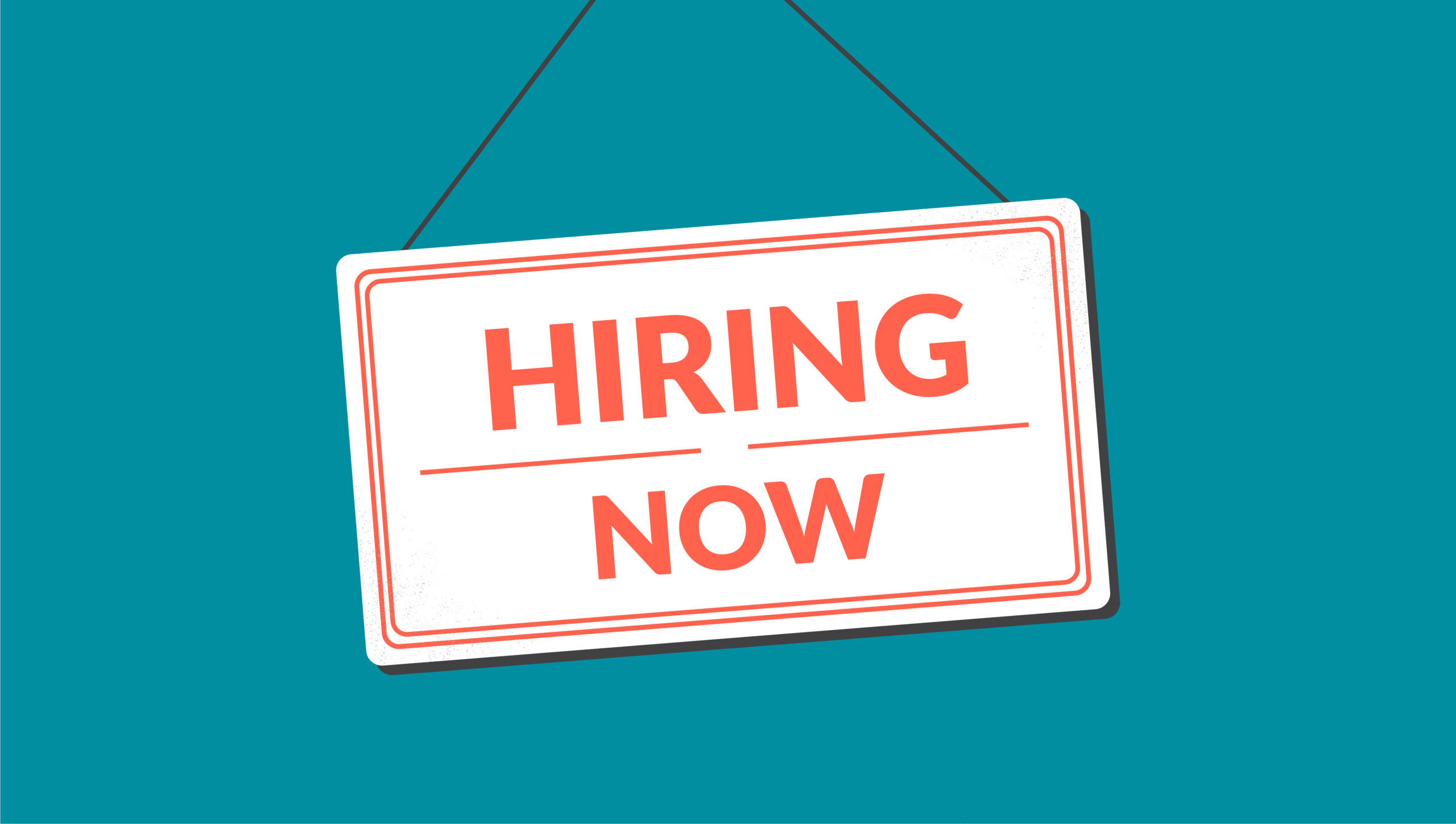The future of work is already here, even though the global debates project its full impacts will be felt significantly from 2025 till 2035; now is the time, to not only be a passive listener of that debate but an active strategist to be better poised to thrive in your career, business and life.
While I am not yet a full expert on a subject, I have been listening closely, working with clients, observing, and engaging with stakeholders in varying fields to learn and more importantly to help empower you our community at Africans living Fully be better prepared to thrive in this new normal. That is the reason we started the Webinar series ‘The Guide to the Future of Work & Global Transition‘ in May which will be wrapping up in 2 weeks.
So today I am sharing with you the Top 7 things that will continue to affect the future of work and most definitely your business or career
The Future of Work is driven by data

According to PWC, Data analytics and particularly predictive analytics can tie your business a critical edge in gauging future talent needs, understanding how to create compelling products, services and user experiences; It can similarly empower you to eliminate potential biases in the selection of people, assignment allocation and performance appraisal. Data is also used to predict customer behaviour, buying pattern, analyze the environment, seize opportunities and remain competitive. It is integral for not only organizations but also the individuals who work with and for them to understand what type of data is most relevant, how should they collect and use it while being ethical and in compliance with regulations. To understand specific key areas of business and how big data is affecting them, read this article on IrishTech here
It is holistic and action-oriented
No long talks: to thrive in this new normal and the years to come, individuals, businesses, government and even social organizations need to see beyond their nose, hear beyond the natural ears and don’t sit around like a couch potato waiting on the stars to align before taking action to create the life they envision. The future of work doesn’t only consider the impact of choices and decision made today on the immediate term but also on how that affects the future generations unborn. I will leave it here for now
Upskilling is King: The future of work demands for a different set of skills and one of them is a continuous learning
Irrespective of the industry and role, organizations must continue to upskill their workers with new skills for the digital world. Similarly, individuals who want to progress in their career must continue to upskill, unlearn old ways of doing things and relearn new ways of working. re those who accept this simple truth.
If you are wondering what are some of the top in-demand skills, be sure to check out this last article with links to where you can get up-skilled on Linkedin learning thanks to Microsoft, for an initiative to upskill 25 million people with Post COVID 19 economy, before the end of 2020
Labor Flexibility, Resourcing model and structures are changing

Organizations are constantly rethinking employment model, ways of working and how they are structured to shorten decision making and development time.
The implication of these gives rise to remote work and adoption of hybrid organizations with distributed teams around different cities or even countries; in doing so, it means to trust, clearer communication, cognitive adaptability, personal responsibility, effective individual and teamwork as well as integrity are far becoming more essential skills than mere talents and technical skills.
Companies that will thrive in the future of work are those who recognize the need to create a work and organizational culture that caters for the varying needs of different people in their organizations. With a higher emphasis on productivity over presence, companies need to develop a more inclusive and flexible work culture to attract and retain the best talents from anywhere in the world. The impact of labour flexibility goes beyond talent acquisition and retainment, it fosters a higher level of productivity, market reach for products and services and a healthy work-life balance that empower employees to be limitless in their creativity and affinity to organizations.
Technological progress, Automation, Sharing and knowledge economy is the order of the day.
Technological advancement in every area of our lives, careers and business are unfolding by the day. From electric and self-driven cars to Virtual reality enabling us to travel 1000s of years back to experience the world; from Artificial intelligence to automation driving the evolution of jobs and working as a force of efficiency and not just cost reduction. These new realities present an opportunity as well as a challenge for both organizations and individuals to find improved ways of working, interacting and value addition to the global value chain/ecosystem.

In a similar line, automation is driving the evolution of jobs, manufacturing and business processes. While a growing number of solutions are developed based on sharing economy models for accommodation, medicine, travel, transportation, skills and utility is driving innovation, the gig economy, increased diversification of income and value exchange streams.
It does not stop there, knowledge sharing and brokerage are fast becoming a billion-dollar industry as more people want to compress time to quickly learn and master specific skills needed to thrive in business, career or even life. These present an opportunity for those who have the tenacity to take action, keep redefining their process and products to serve the needs of those whom their experience and expertise will be the most valuable to.
Demand for Social change, Ethical and demographic considerations are crucial to organizational success and sustainability
Four – Five generations are now co-existing in the workplace; necessitating a different level of emotional intelligence and cognitive adaptability.

Similarly, Employees world wide want choice and control over what they do and how they do it. Young people today want to work on and with projects that give them a sense of contribution, purpose and fulfilment. They want to work with organizations that are just and ethical, that are non-discriminatory; they want an organization that has vested interest in closing racial, gender and social inequalities; organizations that support conservation of the environment, culture and other intangible heritage. It is no longer enough to have policies on paper but organizations must take a stand on cultural, social, environmental and ethical issues that are most pressing to the societies they operate in; incongruence employees of the future need to be in alignment and have beyond technical skills to thrive in the future of work.
Business, Societal and Organizational Development is Tech-Driven but Human Centric
The future of work is not just about machines and technology alone, the centre of it is humans, the very core elements that give meaning to all the data, invention and astronomical advancement it will bring.
I know some people are afraid that machines will take their jobs, there is also a debate about to what level should automation, VR, AI among other innovation should replace traditional jobs; and in what part of the world should X or Y prevail. We all need to focus on the experience we are creating during this time of transition as we work together and co-exist with technology in our various endeavours.
The only thing we know for sure is that change is inevitable; thus, a growth mindset will go a long way in enabling us to continue to thrive in our careers and business. Whether you are an artist, an engineer, a nurse, a pilot, an accountant, a shoemaker, a business owner or you run a conglomerate; you need to take personal responsibility on researching what will affect your industry the most and begin to reposition, re-adapt, re-engineer, rethink in order to ensure you are in charge and ahead of creating your own reality, in the future of your work or business.
Conclusively, individuals and organizations need to not only be aware of these issues impacting the future of work but also commit to continuously re-discover, re-define, re-imagine and re-wire processes, thoughts, systems, strategies and simple daily in order to thrive in this #newnormal.
Over the next few day &weeks to come, we will be sharing through our youtube channel, Instagram and blog lessons learnt from the speakers and experts that participated in the ‘The Guide to the Future of Work and Global Transition Webinar Series’. If you also happened to read this and would like to be a speaker or a contributor please get in touch with us here



